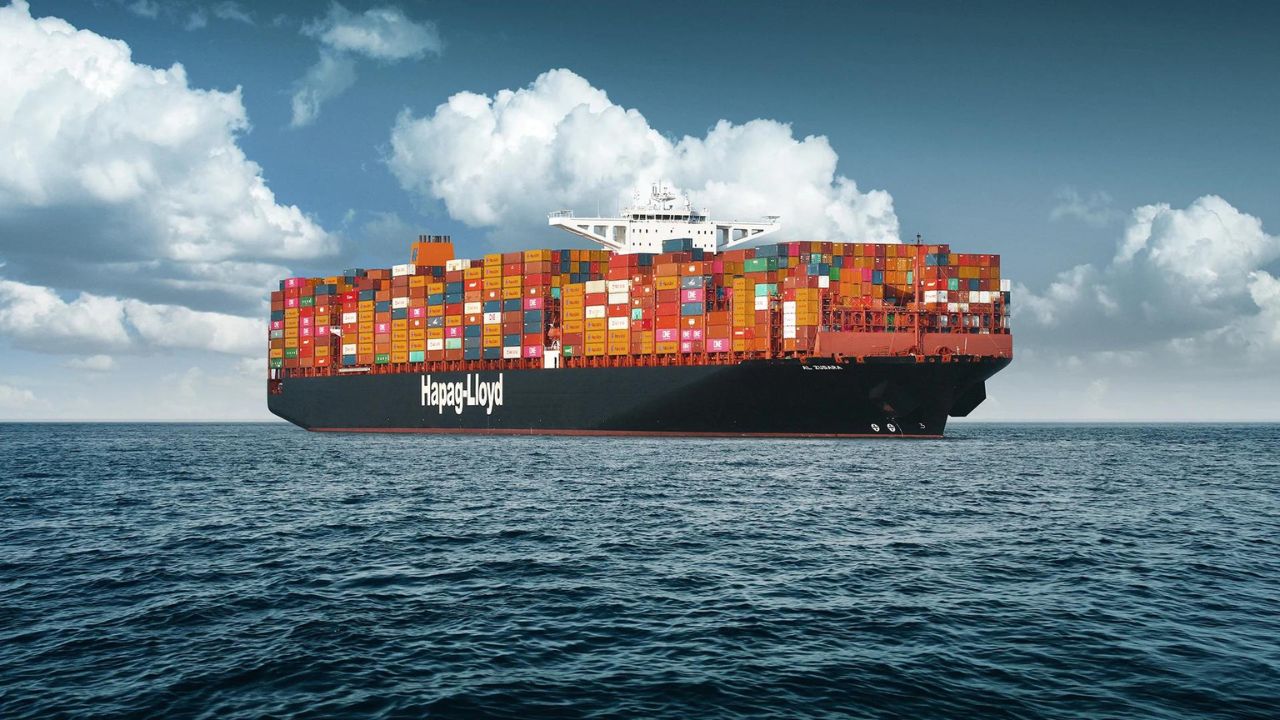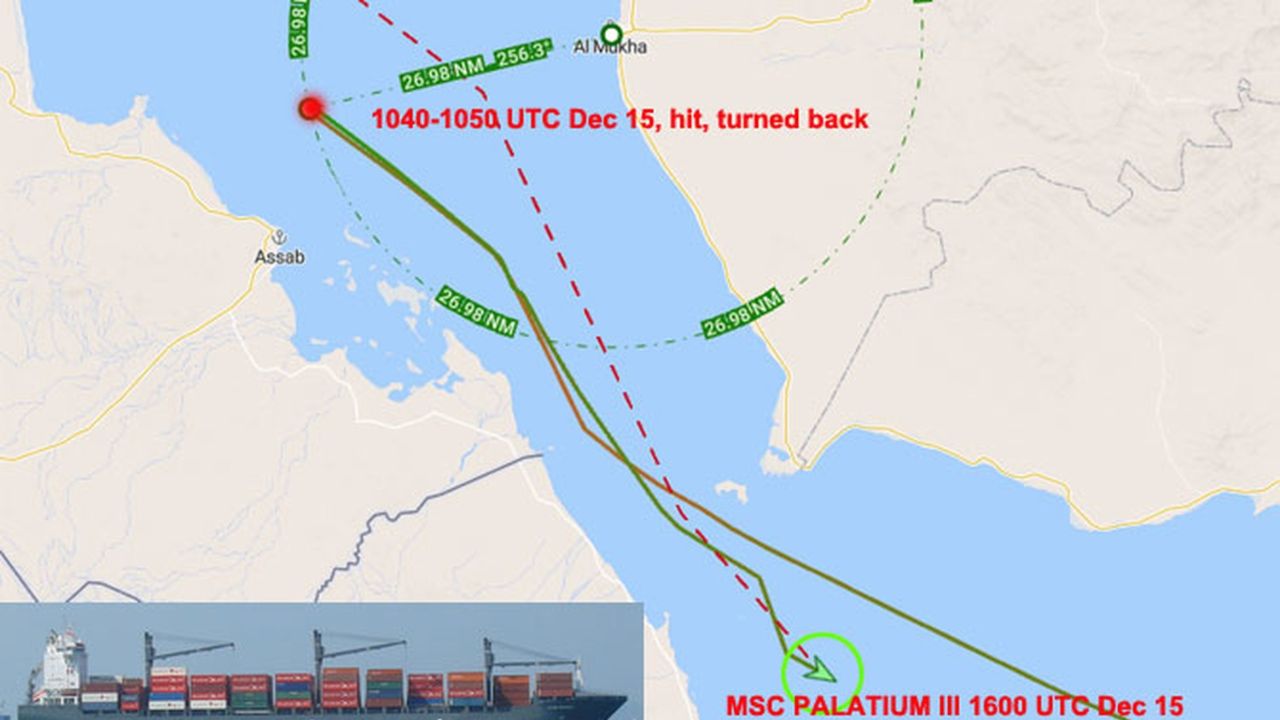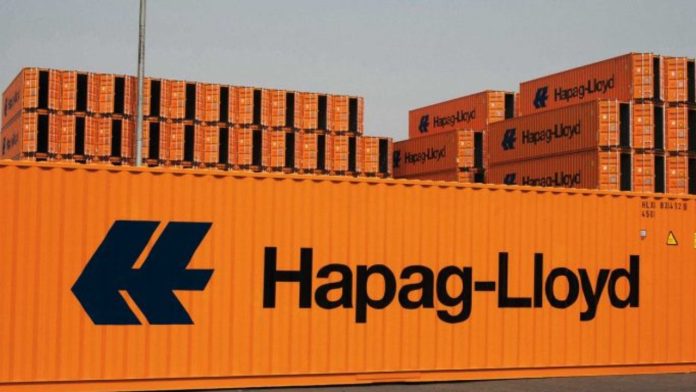German container shipping giant Hapag-Lloyd reported a significant decrease in profits for 2023 compared to the previous year.
This article will explore the reasons behind this decline, including the normalization of global supply chains and the ongoing crisis in the Red Sea. We will also delve into the company’s future outlook and dividend adjustments.
Hapag-Lloyd’s Profit Down Despite Third-Best Year
Despite a net profit of €3.0 billion ($3.28 billion) for 2023, Hapag-Lloyd’s results represent an 83% drop compared to 2022.
CEO Rolf Habben Jansen acknowledged this decrease but highlighted that it remains the company’s third-best performance historically.

He attributed the decline to the “normalisation of global supply chains” following disruptions caused by the COVID-19 pandemic.
Lower Earnings Expected in 2024 Due to Market Challenges
Hapag-Lloyd anticipates a further decrease in earnings for 2024. CEO Jansen cited the crisis in the Red Sea, where attacks by Yemeni Houthi militants are causing commercial ships to avoid the Suez Canal, as a key factor impacting the industry.
This disruption comes on top of the decline in freight rates due to the normalization of logistics.
Impact of Soaring Prices in 2022 and Adjusted Dividend
Hapag-Lloyd had capitalized on the surge in freight prices in 2022, a time when global trade recovery from the pandemic was encountering obstacles.

However, with a return to more stable logistics, freight rates have fallen significantly. Reflecting these market changes, the company has proposed a reduced dividend of €9.25 per share, a substantial cut from the €63 per share distributed previously.
The challenges faced by Hapag-Lloyd are not unique. Maersk, a larger competitor in the container shipping industry, recently announced that industry overcapacity will likely impact their profits more than initially anticipated for 2024.
